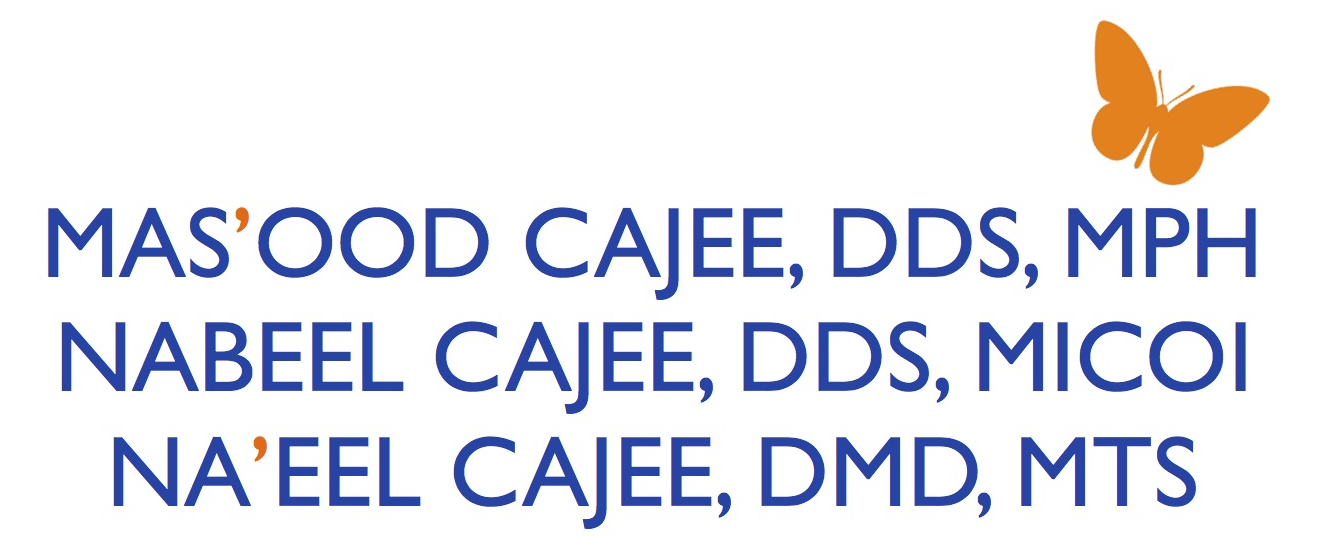5 oral health risks of oral sex
/Oral sex is a sexual activity that involves stimulating the genitalia using the mouth, tongue, or lips. While many people enjoy this type of sexual activity, it is important to be aware of the potential oral health risks that can be associated with it.
Oral Health Risks of Oral Sex
Sexually Transmitted Infections (STIs): Oral sex can transmit STIs, such as herpes, gonorrhea, and chlamydia, from one person to another. These infections can cause oral health problems, such as sores, blisters, and inflammation in the mouth and throat.
Human Papillomavirus (HPV): HPV is a sexually transmitted virus that can cause genital warts and can lead to cancer of the mouth, throat, and other parts of the body.
Oral Cancer: Oral cancer is a serious health problem that can be caused by HPV or other factors, such as tobacco and alcohol use. Oral sex can increase the risk of developing oral cancer, especially if other risk factors are present.
Gingivitis: Gingivitis is a type of gum disease that can be caused by the bacteria that can be found in the mouth. Oral sex can increase the risk of developing gingivitis, especially if proper oral hygiene is not practiced.
Halitosis: Halitosis, also known as bad breath, can be caused by the bacteria that can be found in the mouth. Oral sex can increase the risk of developing halitosis, especially if proper oral hygiene is not practiced.
How to Minimize the Risks of Oral Sex
While there are potential oral health risks associated with oral sex, there are steps that can be taken to minimize these risks. These include:
Practice Safe Sex: Using condoms or dental dams can help to prevent the transmission of STIs during oral sex.
Get Vaccinated: Getting vaccinated against HPV can help to reduce the risk of developing oral cancer.
Practice Good Oral Hygiene: Brushing and flossing regularly, as well as using mouthwash, can help to remove harmful bacteria from the mouth and reduce the risk of developing gingivitis and halitosis.
Get Regular Dental Checkups: Regular dental checkups can help to detect oral health problems early, when they are easier to treat. Your dentist can also provide advice and support to help you maintain good oral health.
Conclusion
While oral sex can be a pleasurable activity, it is important to be aware of the potential oral health risks that can be associated with it. By practicing safe sex, getting vaccinated, practicing good oral hygiene, and getting regular dental checkups, individuals can help to minimize these risks and protect their oral health.
References:
American Dental Association. (2019). Oral Sex and Oral Health. Retrieved from https://www.mouthhealthy.org/en/az-topics/o/oral-sex-and-oral-health
Centers for Disease Control and Prevention. (2021). HPV and Oropharyngeal Cancer. Retrieved from https://www.cdc.gov/cancer/hpv/basic_info/hpv_oropharyngeal.htm
Mayo Clinic. (2021). Oral Sex Risks: What You Need to Know. Retrieved fromhttps://www.mayoclinic.org/healthy-lifestyle/sexual-health/in-depth/oral-sex/art-20047298





